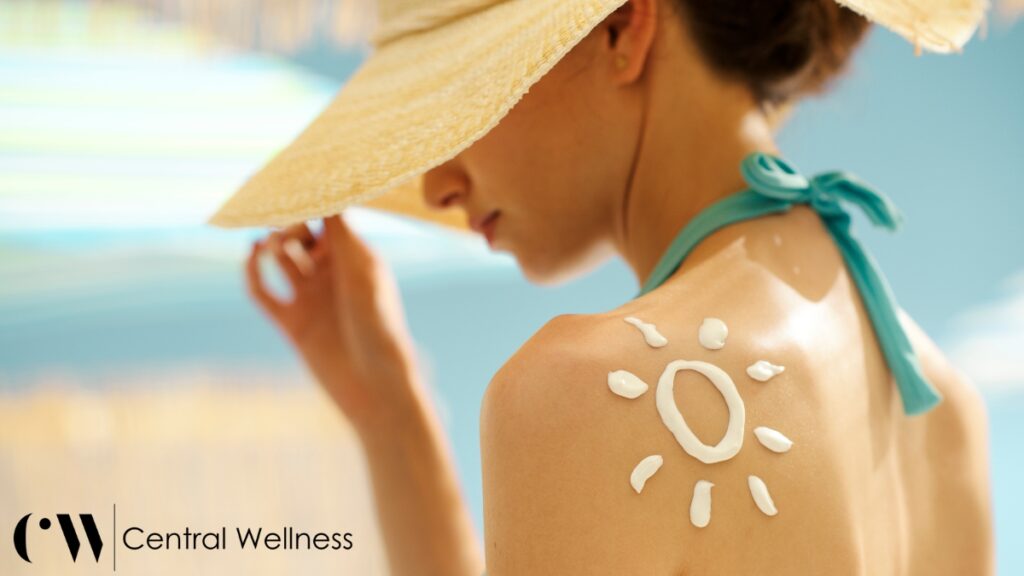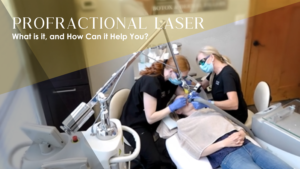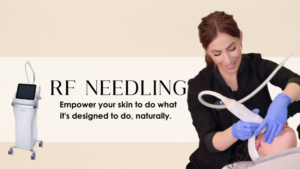Your Essential Guide to Sun Protection
We all crave that warm sunshine, that kiss of vitamin D, that feeling of being outdoors. But let’s face it, the sun comes with a hidden danger: ultraviolet (UV) radiation. While UV rays give us that summer glow, they can also be damaging, leading to sunburn, premature aging, and even skin cancer.
That’s where sun protection comes in, your shield against the sun’s harmful rays. But with so many sunscreen options and conflicting information, navigating the world of sun safety can feel overwhelming. Fear not, sun seeker! This guide will equip you with the knowledge you need to make informed choices and protect your skin, all summer long (and beyond!).
Decoding the Sunscreen Label
Sunscreen labels are packed with information, but don’t let them intimidate you. Here’s a breakdown of the key terms:
- SPF (Sun Protection Factor): This number indicates how well the sunscreen protects against UVB rays, the main culprit behind sunburn. An SPF of 15 filters out 93% of UVB rays, while SPF 30 blocks 97% and SPF 50 blocks 98%. While higher SPFs offer more protection, SPF 30 is generally sufficient for most outdoor activities.
- Broad Spectrum: Look for this label to ensure the sunscreen protects against both UVA and UVB rays. UVA rays penetrate deeper into the skin, contributing to wrinkles and skin cancer.
- Water Resistance: This indicates how long the sunscreen remains effective after swimming or sweating. Opt for “water-resistant 40 minutes” or “80 minutes” for extended water activities.
- Active Ingredients: These are the chemicals that absorb or reflect UV rays. Common ones include oxybenzone, avobenzone, octinoxate, and homosalate. Choose reef-safe options if concerned about environmental impact
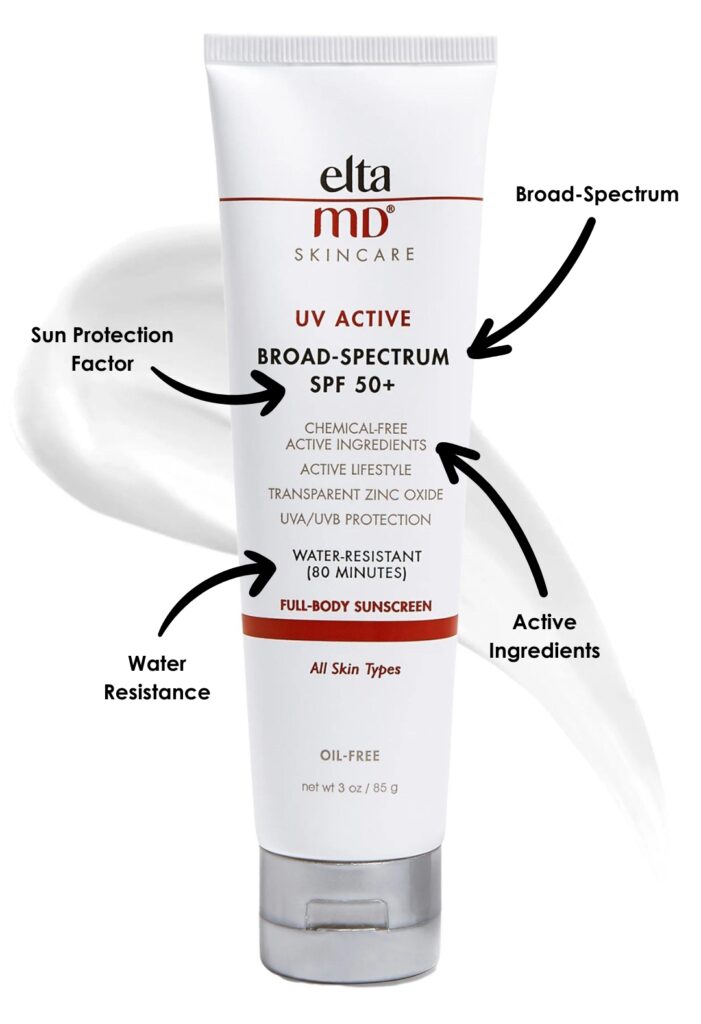
Application Tips for Maximum Protection
- Apply generously: Most adults need about 1 ounce of sunscreen to cover the entire body. Don’t forget ears, lips, neck, and tops of feet!
- Don’t miss a spot: Get between fingers and toes, behind the ears, and even under your swimsuit straps.
- Reapply regularly: Every two hours is the rule of thumb, especially after swimming, sweating, or toweling off.
- Seek shade: Even with sunscreen, sun exposure adds up. Take breaks in the shade, especially during peak sun hours (10 am to 4 pm).
- Cover up: Protective clothing and wide-brimmed hats offer additional defense. Look for tightly woven fabrics with a UPF (Ultraviolet Protection Factor) rating
The Importance of Sun Protection
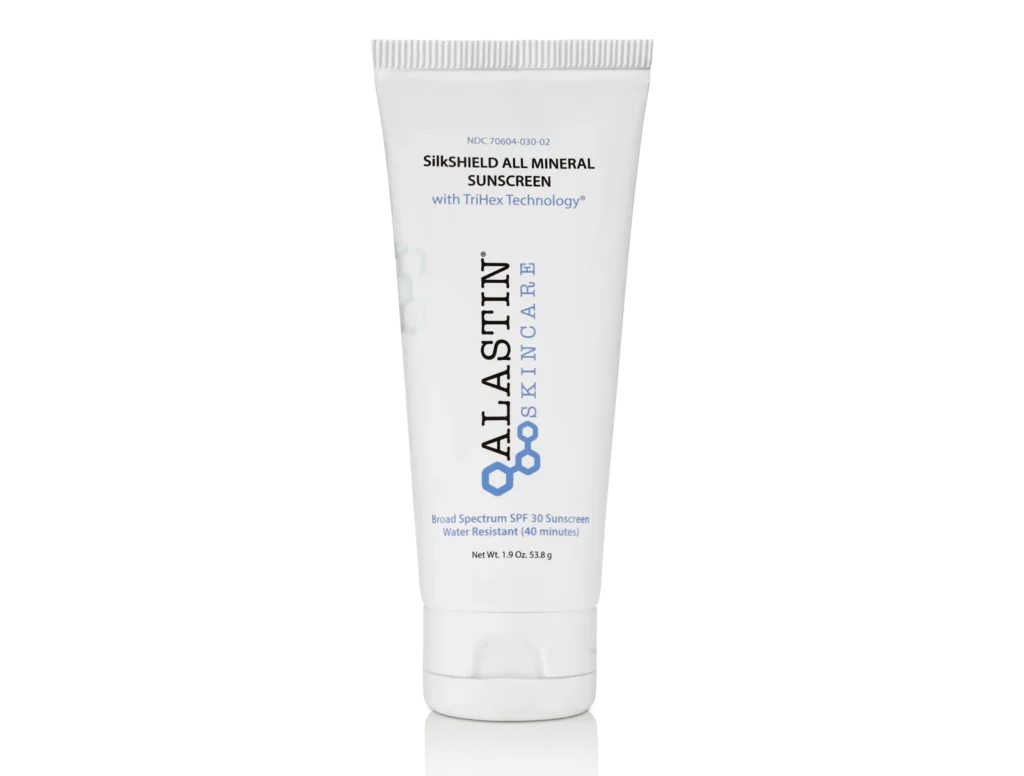
Sun protection isn’t just for beach days and pool parties. The sun’s harmful rays reach us every day, even through clouds and windows. So, incorporating sun protection into your daily routine is crucial for long-term skin health. Here’s why:
- Skin cancer prevention: Sun exposure is a major risk factor for skin cancer, the most common cancer in the United States. Regular sunscreen use significantly reduces this risk.
- Premature aging: UV rays break down collagen and elastin, leading to wrinkles, sagging, and sunspots. Sunscreen helps preserve your youthful glow.
- Eye protection: The delicate skin around your eyes is susceptible to sun damage. Wear sunglasses that block UVA and UVB rays.
Sun Protection: Your Investment in Healthy Skin
Think of sun protection as an investment in your skin’s future. By incorporating these tips into your daily routine, you can enjoy the outdoors safely and confidently, knowing you’re taking steps to protect your skin from the sun’s harmful effects. Remember, sun protection is not just about avoiding sunburn; it’s about safeguarding your skin’s health for years to come. So, slather on that sunscreen, grab your hat, and embrace the sunshine—responsibly!
Bonus Tip: Make sun protection a family affair! Teach your children the importance of sun safety and establish healthy habits early on. After all, protecting our skin is a lifelong commitment.
Interested in learning more from our experts? Book your FREE consultation today or call 406.869.1066!

